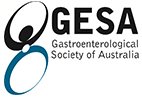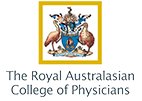Brisbane Coeliac Disease Specialist
Coeliac disease is a condition in which the immune system responds abnormally to a protein called gluten, which the leads to damage to the lining of the small intestine. Gluten is found in wheat, rye, barley, and numerous prepared foods. The small intestine is responsible for absorbing food and nutrients. Therefore, damage to the lining of the small intestines can lead to difficulty absorbing important nutrients; this problem is referred to as malabsorption.
The cause of coeliac disease is not clear, but a combination of genetic and environmental factors is important. Symptoms vary from very mild, to more troubling symptoms including diarrhoea, weight loss, abdominal discomfort, excessive gas, and other symptoms caused by vitamin and nutrient deficiencies. Coeliac disease is difficult to diagnose on history and physical examination. Fortunately testing is available that can easily diagnose coeliac disease. This includes blood tests for antibodies and nutritional deficiencies, and taking a small intestine biopsy during upper endoscopy (gastroscopy).
Although coeliac disease cannot be cured, a gluten-free diet usually stops the damage to the intestinal lining and the malabsorption and symptoms that result. Families also need to be aware of their increased risk of coeliac disease, and first-degree relatives (parents, brothers, sisters, children) should consider being tested, especially if anyone has signs or symptoms of the condition. Testing is typically done with a blood antibody test.




